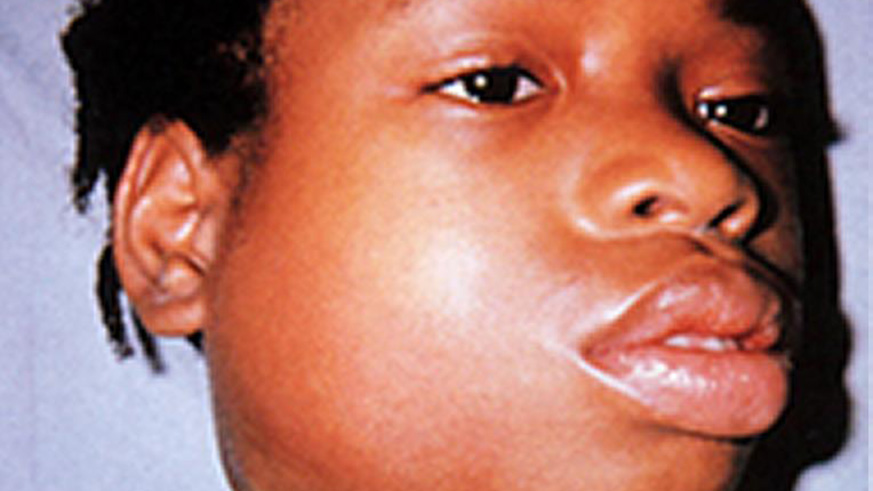Mumps is a contagious disease caused by a virus that passes from one person to another through saliva, nasal secretions, and close personal contact. The condition primarily affects the salivary glands, also called the parotid glands which are the glands responsible for producing saliva. Symptoms of mumps usually appear within two weeks of exposure to the virus which is most recognizable by the painful swellings in the side of the face under the ears (the parotid glands), giving a person with mumps a distinctive “hamster face” appearance. Other symptoms of mumps include headaches, joint pain, and a high temperature, which may develop a few days before the swelling of the parotid glands.
There are different complications associated with Mumps which includes;
Orchitis: Which according to an article by Health line published on the 28th of September,2018 is inflammation of the testicles that may be due to mumps. You can manage orchitis pain by placing cold packs on the testicles several times per day. Your doctor may recommend prescription-strength painkillers if necessary. In rare cases, orchitis can cause sterility.
Swelling of the Ovaries: Females infected with mumps may experience swelling of the ovaries. The inflammation can be painful but doesn’t harm a woman’s eggs. However, if a woman contracts mumps during pregnancy, she has a higher-than-normal risk of experiencing a miscarriage.
Meningitis: Mumps may lead to Meningitis or encephalitis which are two potentially fatal conditions if left untreated. Meningitis is swelling of the membranes around your spinal cord and brain. Encephalitis is inflammation of the brain. Contact your doctor if you experience seizures, loss of consciousness, or severe headaches while you have mumps.
Pancreatitis: Pancreatitis is the inflammation of the pancreas, an organ in the abdominal cavity. Mumps-induced pancreatitis is a temporary condition. Symptoms include abdominal pain, nausea, and vomiting.
Because mumps is a virus, it doesn’t respond to antibiotics or other medications but you can be vaccinated. However, you can treat the symptoms to make yourself more comfortable while you’re sick, like Rest when you feel weak or tired, Drink plenty of fluids to avoid dehydration due to fever, avoid acidic foods and beverages that may cause more pain in your salivary glands amongst others.



